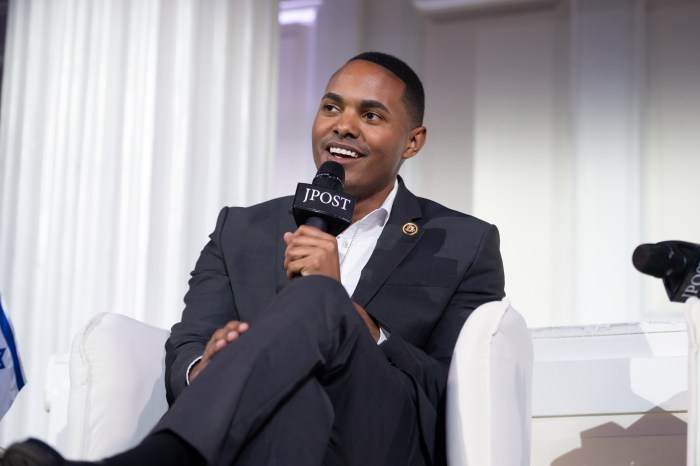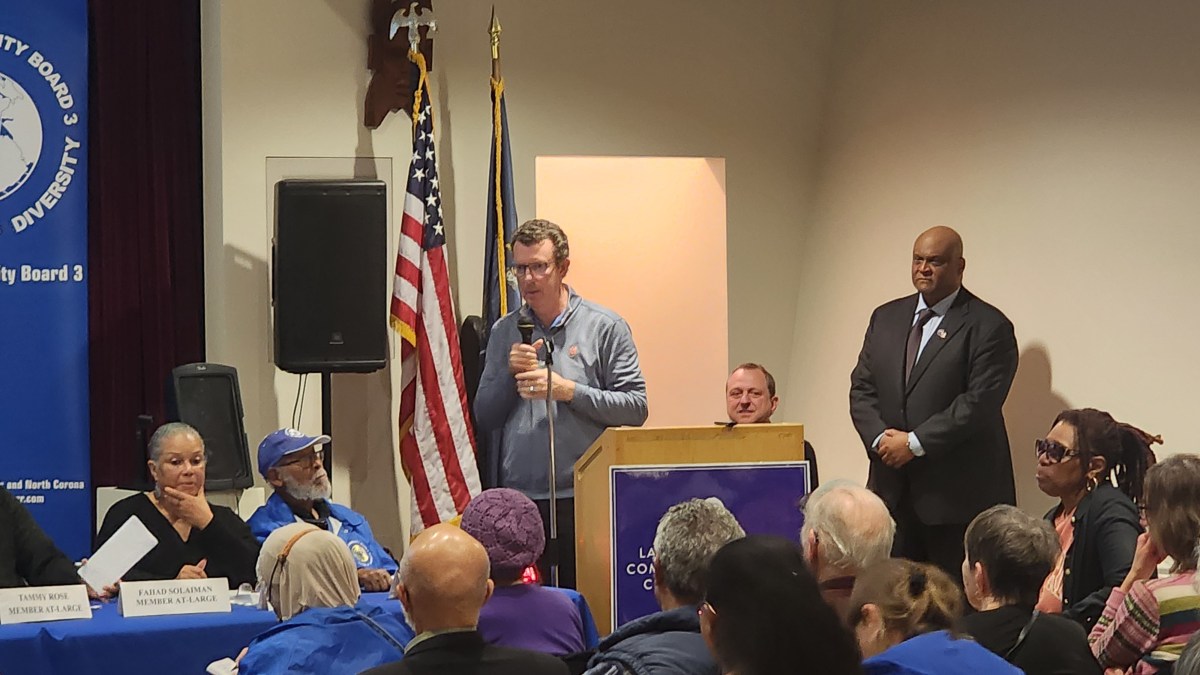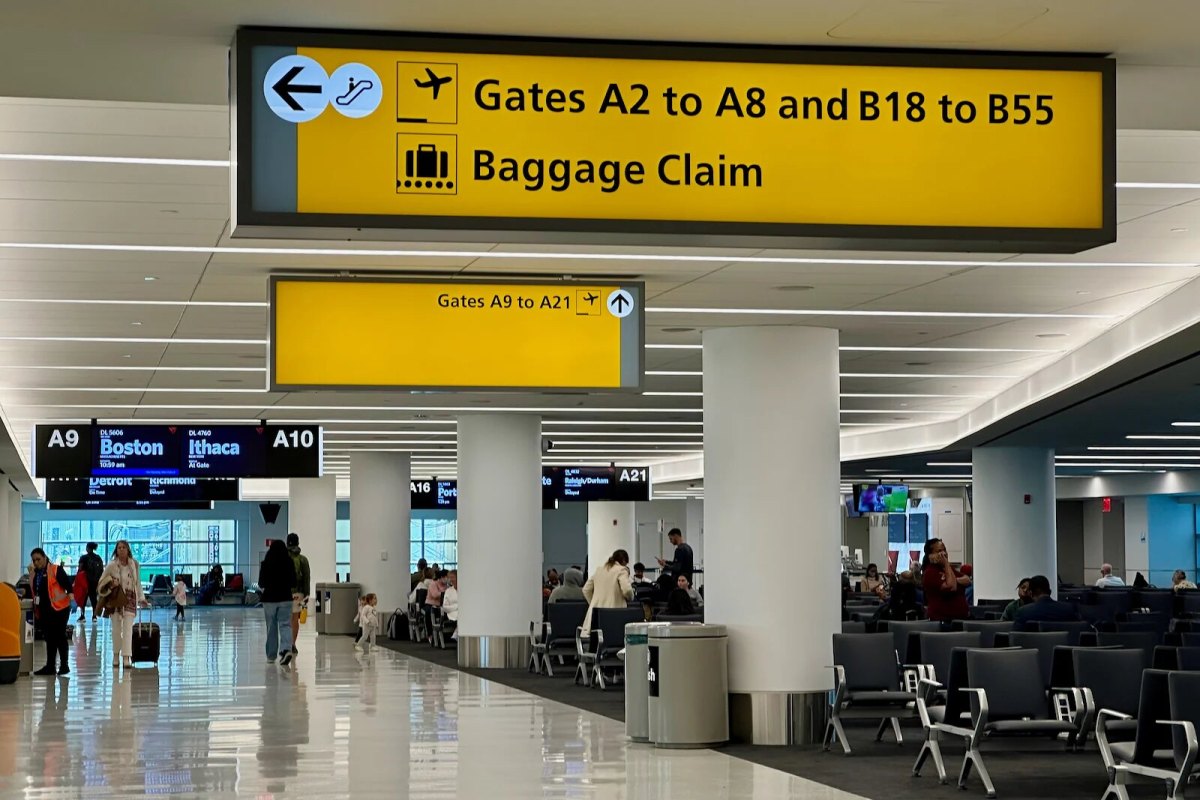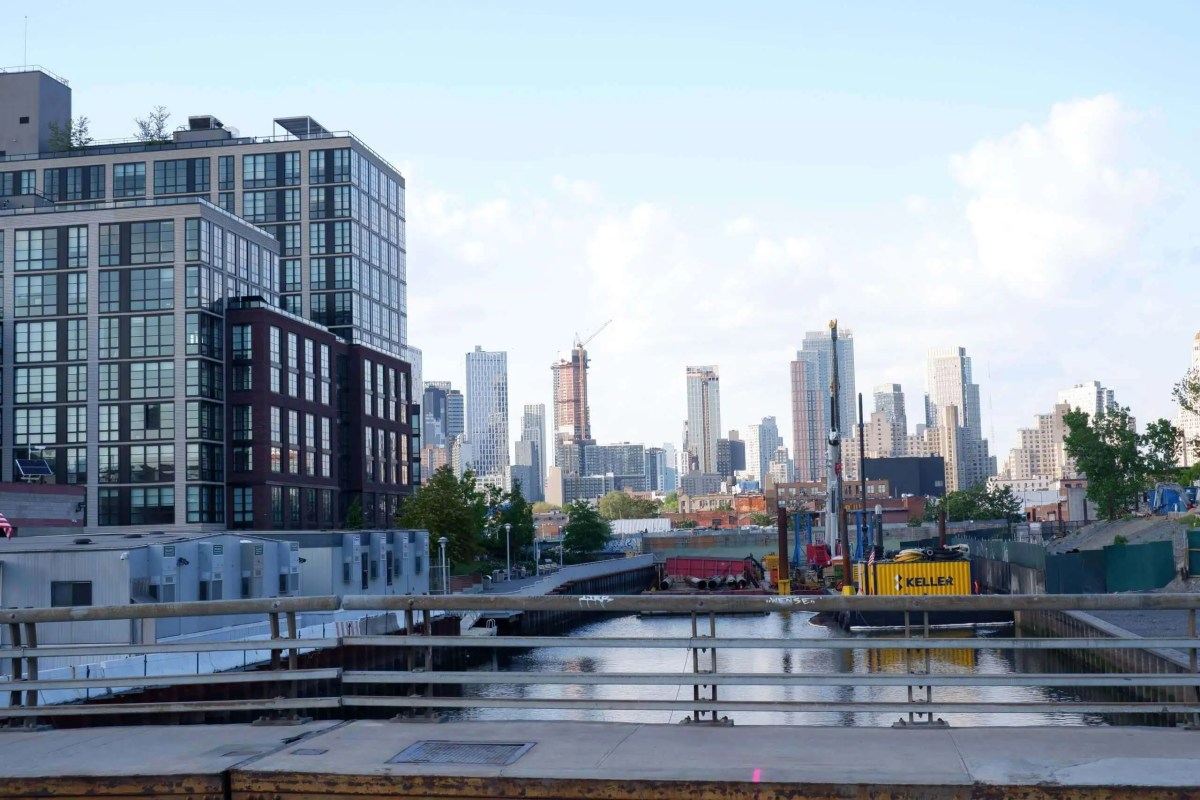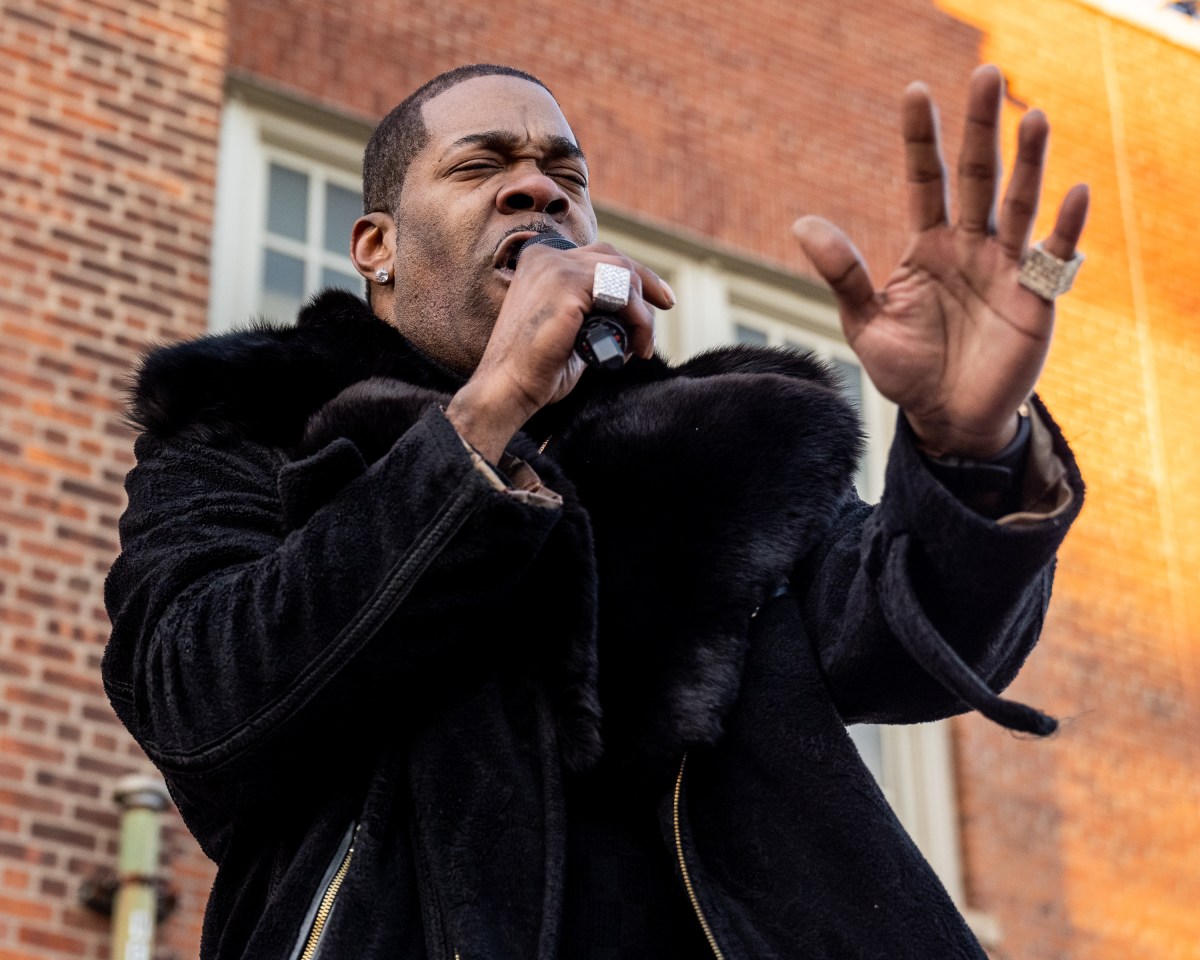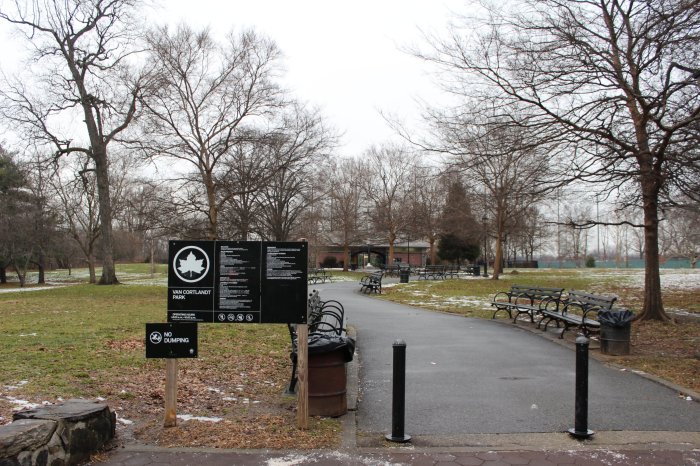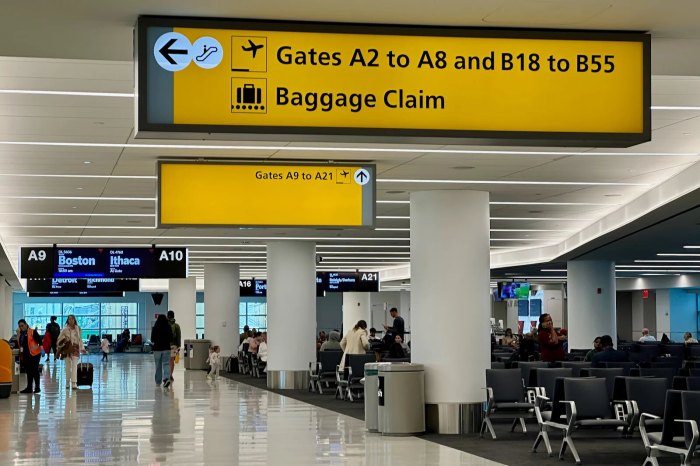New Yorkers underwhelmed by a tepid campaign season re-elected Mayor Bill de Blasio to a second term Tuesday night amid apparent low voter turnout.
De Blasio cruised to victory less than an hour after the city’s polls closed at 9 p.m., edging out Republican challenger Assemb. Nicole Malliotakis, independent and former NYPD detective Bo Dietl and a handful of third-party candidates.
About 22 percent of the 5,053,842 registered voters in the city, or 1,097,846 people, cast ballots in the election. De Blasio won 726,361 votes, or about 66 percent, while Malliotakis won 303,742, or 27 percent, according to the Board of Elections’ count shortly before 1 a.m. Wednesday.
Public Advocate Letitia James also won re-election, as did city Comptroller Scott Stringer. Many of the closest races for the 51 Council seats were essentially determined during the primaries in a heavily Democratic-leaning city.
Despite the mayor’s re-election, some voters offered mediocre endorsements for de Blasio as they cast their ballots throughout the day.
“He hasn’t been amazing,” said Matthew Tutrone, 37, of St. George, Staten Island. “But the Vision Zero thing is OK. He’s trying to keep people safe. He’s tried to work with the affordable housing situation but there’s only so much he can do.” He added that public transit is another issue but since the MTA is controlled by Albany, de Blasio’s hands are tied there, too.
“People get down on him so much and I think it’s not warranted, really,” Tutrone said of the mayor.
“No candidate is perfect,” said Robert Osborne, a teacher from Windsor Terrace, adding that he was more interested in the vote on the constitutional convention. “As a public employee I agree with the union. I don’t trust anyone with the changes I want to see with the constitution.”
One of three propositions on the ballot this year, the question on whether New York should hold a constitutional convention — an opportunity that comes around once every 20 years — was overwhelmingly rejected by voters on Tuesday.
Upper West Side resident Ilena Robbins, 30, said she voted for de Blasio because “it was kind of one of those ‘I don’t love any of the options, but I felt the most comfortable with de Blasio.’ ”
She said she was hoping someone like Stringer would have challenged him in the primary.
“I think de Blasio is far from perfect but he falls closest to the values that I support,” Robbins added. “De Blasio is the best of what our options are. I don’t envy his job — I think de Blasio’s heart is in the right place. I think he needs to be more effective.”
For Tina Sher, 58, the investigations into the de Blasio administration’s fundraising, which did not lead to charges, were enough to deter her from voting for him.
“I’m interested in voting for candidates that are not beholden to corporate interests,” Sher, of St. George, said. “I prefer to vote for candidates who are self-funding their own campaigns with individual donations.” She voted for Akeem Browder, the Green Party candidate.
Christopher Parisi, 22, an Army veteran who returned to Staten Island this summer after spending two years in Germany, said he wants de Blasio to address the homeless crisis in his second term.
After serving in the military for the majority of de Blasio’s first term, Parisi said he was struck by how many homeless people are on the streets, not so much on a Staten Island, but around the rest of the city.
“That was one of the first things I noticed when I got back. There’s a lot more people out on the street,” he said after casting his ballot. “It’s something that needs to be addressed.”
De Blasio sneaked in a back door of the nearly empty Park Slope Library to cast his vote Tuesday morning, avoiding the chanting jails activists outside. The advocates were calling on the mayor to close Rikers Island sooner than he has committed to.
The mayor did not address the Rikers controversy, and when asked why he went in the back door, he said, “We wanted to keep it simple today.”
Malliotakis arrived at her Staten Island polling station just before 7 a.m. to cast her vote alongside her parents, George and Vera, immigrants of Greece and Cuba respectively. Her parents wiped tears from their eyes after their daughter cast her vote.
“They came as immigrants to this country, not speaking the language, not having family . . . and yet today they’re casting their vote for their daughter, one generation later, to be mayor of the city of New York,” Malliotakis said outside the Shirlee Solomon School. “That shows you how truly special New York is and we must keep New York City as a place of opportunity, and we must restore it as a beacon of hope.”
Queens Borough president Melinda Katz, who won a second term Tuesday night, brought her two young sons with her to vote at PS 144 in Forest Hills. She said education is one of the issues she will press City Hall on during the next four years. Many Queens schools are operating over capacity.
“If I could build schools as fast as I could, that would be a main priority,” she said.
Down in Arden Heights on Staten Island’s South Shore, PS 42 was bustling with voters around noon. Many of the booths remained occupied but there weren’t any lines. A poll worker said the location had been fairly busy all day.
There was plenty of support for Malliotakis in the Republican-leaning borough. Rob Gori, 56, of Eltingville, voted for the assemblywoman, saying he saw “nothing” of value from the de Blasio administration.
“De Blasio is a fast talker but he’s done nothing,” said Gori, who noted that high taxes were his biggest issue. “Property taxes are getting high, water taxes are getting high — everything is going up and up.”
Phyllis Elrich, 72, from Eltingville, said she was underwhelmed by her options for mayor, but voted for Malliotakis.
“I had a very hard time deciding what I was going to do because I’m not happy with de Blasio and I’m not happy with Malliotakis either,” Elrich said. “I would’ve liked to have seen some one go against the mayor with nice new ideas.”
Ultimately, she voted for a change. “I think change in government at every level is extremely important right now.”
In addition to the constitutional convention, there were two other referendums on the ballot this year: whether public officials convicted of certain felony crimes should lose their pension; and whether the state should change the law surrounding forest preserves. New Yorkers voted to approve both, the New York Board of Elections said.
With Newsday



